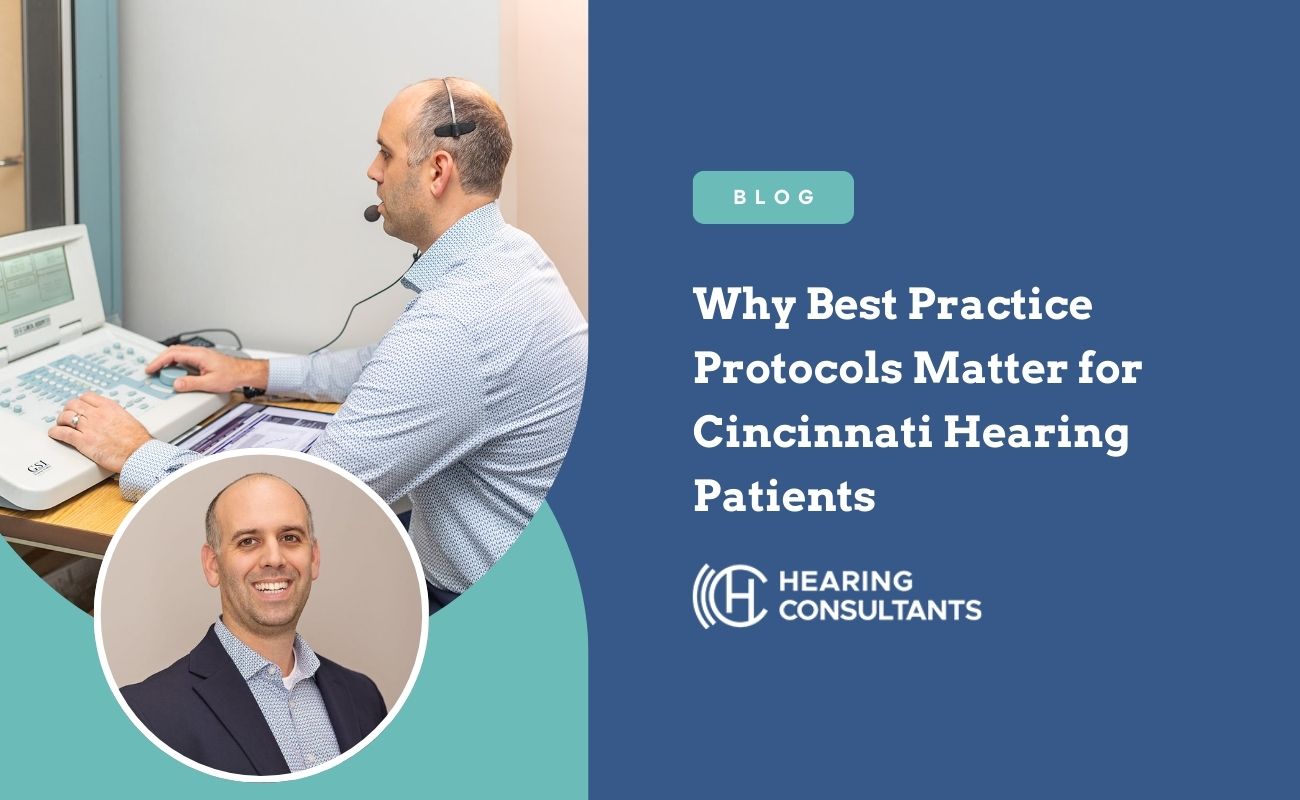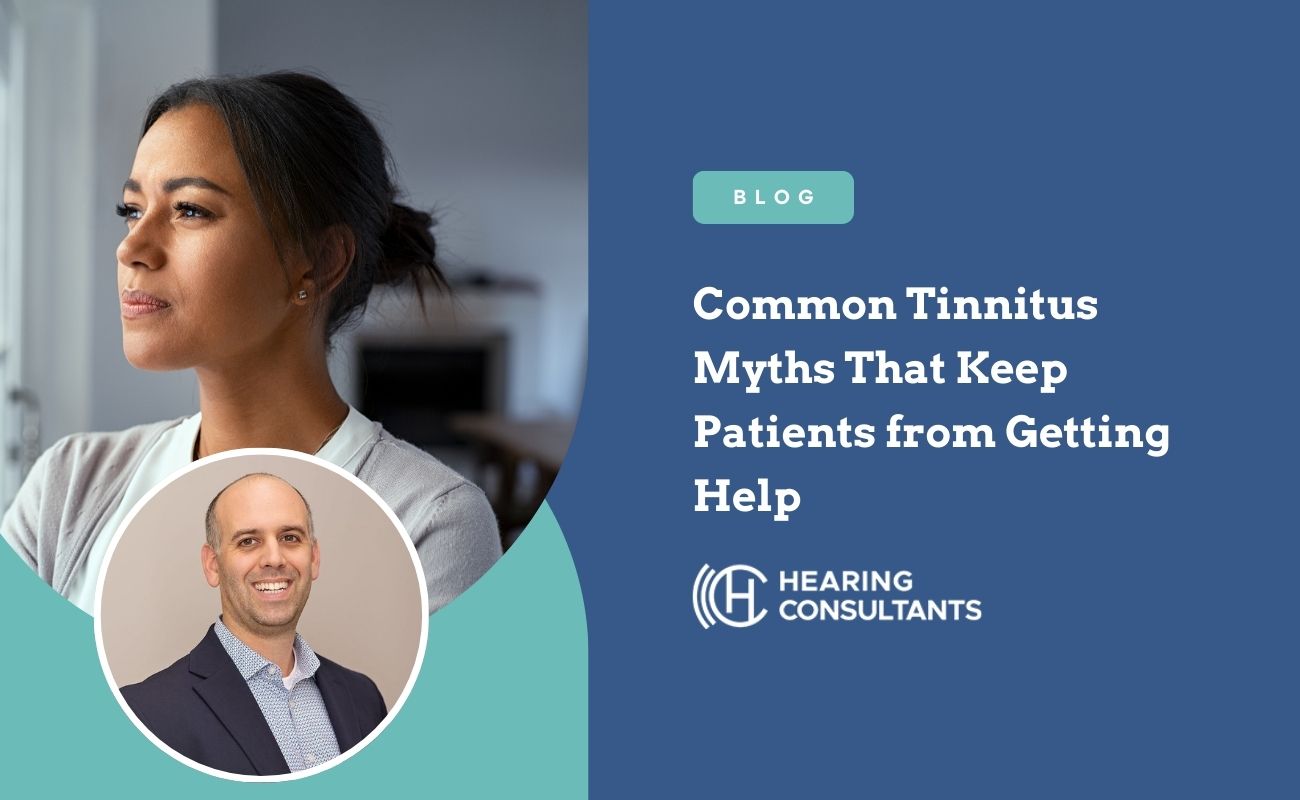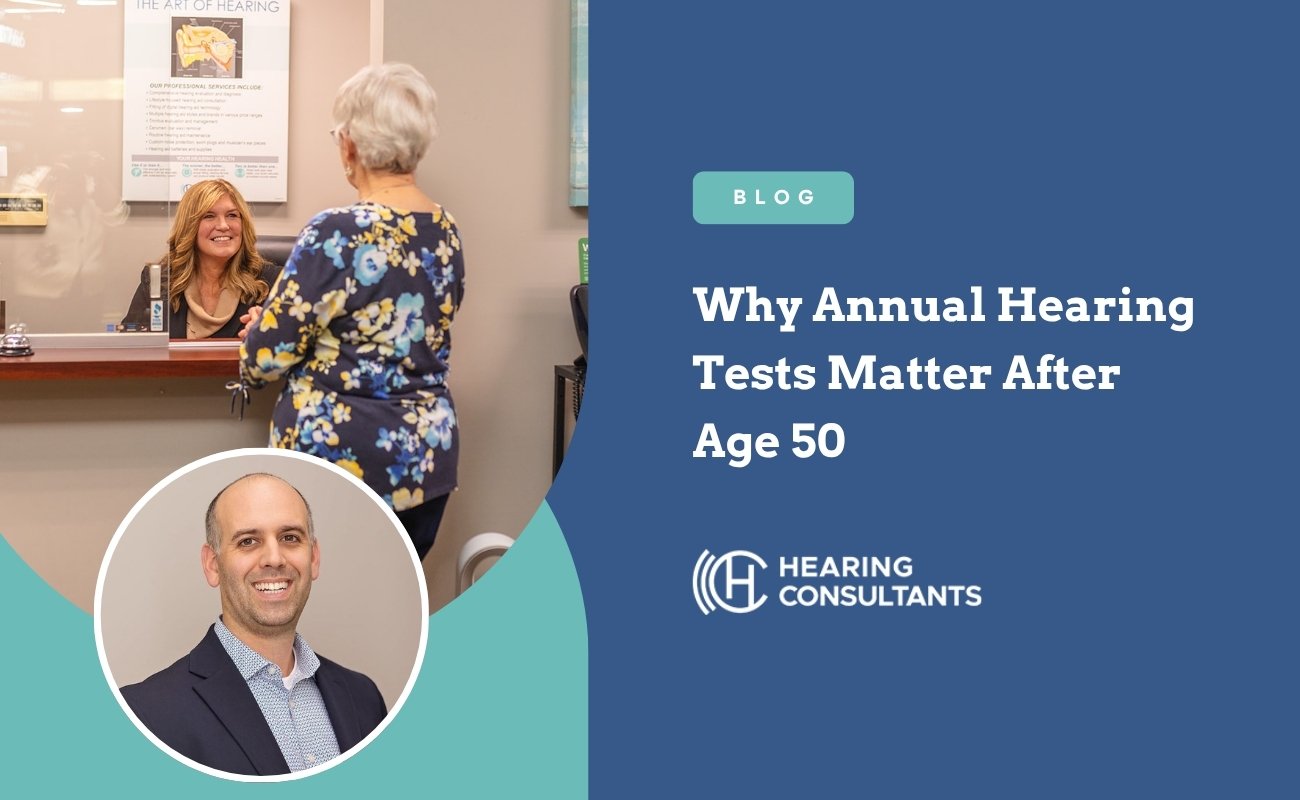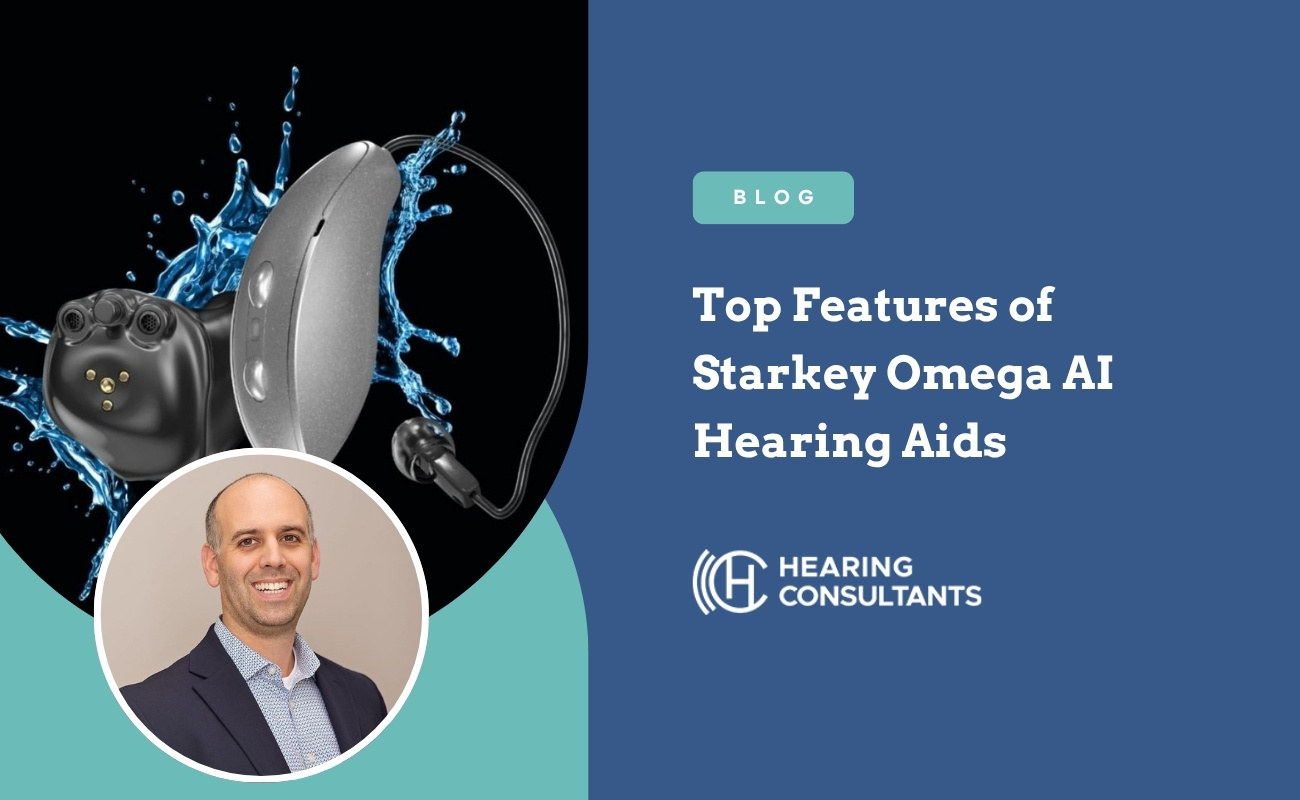A Healthy Diet May Stave Off Age-Related Hearing Loss
The more we understand about nutrition and food, we understand that what we choose to put in our body makes a big impact on every aspect of our health. The foods we choose affect our heart, blood pressure, immune system, energy level, and mood. Now researchers are beginning to understand how choosing certain foods can prioritize hearing health as well.
Understanding Hearing Loss
Hearing loss is the third most common chronic medical condition in the United States, affecting approximately 48 million people. Worldwide this condition affects 466 million people and is expected to rise exponentially in the next 30 years to 700 million. Described as an invisible condition, it often causes misunderstandings many attributes to lack of interest or lack of presence in relationships at home and in the workplace. It also doesn’t usually become severe overnight except in extreme noise exposure instances. More commonly it creeps in slowly, so the individual often has no awareness about their condition until they struggle to hear even in the most ideal of situations.
Understanding How Diet Affects Hearing
The more we understand our health, the more we see how the entire body supports itself together. When one aspect of health suffers the entire body must compensate or suffer. We are what we eat. A study led by Dr. Sharon Curhan of the Channing Division of Network Medicine at Brigham and Women’s Hospital and Harvard Medical School in Boston conducted a study to identify an ideal diet to support hearing. Dr. Curhan’s team examined diverse dietary patterns to understand their effects on hearing health by tracking the diets of nearly 80,000 women over a 26-year span. She explains that those “whose diets scored highest for health and quality were up to 47 percent less likely to experience moderate or severe hearing loss than women with the lowest dietary scores.”
How a Health Diet Supports Hearing Health
Your hearing is supported by tiny hair-like cells in the inner ear which transmit sound information from the ears to the brain. When these become damaged hearing loss occurs, aggravating several health risks. One way to support your hearing health is to make sure your diet is full of nutrients that can protect the cells of your inner ear. These cells rely on a healthy supply of blood transmitted to the ear and foods that constrict blood vessels, clog arteries, and increase blood sugar levels can easily damage your hearing.
What Nutrients support Hearing Health
Dr. Joe McDermott published finding in the In the Daily Sentinel, discusses how nutrients such as omega-3 fatty acids, folic acid, and vitamins B12, C, D, and E, are essential to support healthy hearing. Omega-3 fatty acids have been identified as important for anti-inflammatory properties which strengthen blood vessels. Foods high in omega-3 fatty acids include fish, soybeans, spinach, and flax seeds. A diet rich in vegetables, leafy greens, fruits, whole grains, and lean proteins such as poultry, fish, beans, and nuts can improve heart health, blood pressure, reduce the risk of diabetes and more. Avoiding any of these health complications can also protect your inner ear from interruptions in blood flow, which can cause permanent hearing loss.
Addressing a Hearing Loss
We stress annual hearing tests, especially after 65, to identify a hearing loss before it develops into the negative side effects of hearing loss. For those over 65, these risks often include an increased risk of depression, stress, anxiety, dementia, falls, and hospitalizations. Hearing loss is a communication issue that affects relationships, and a sense of space. Untreated hearing loss can damage a person’s sense of self, independence, cognitive functioning and more. The sooner it can be treated the better. Schedule a hearing test now. If a hearing loss is detected make sure to treat it as soon as possible. She says, “Although hearing loss is thought to be an unavoidable companion to aging, findings from our research have highlighted a number of dietary factors that can be modified and may reduce the risk of hearing loss.” Curhan's study was built upon the foundation of previous studies that explored the benefits of vitamins and minerals on hearing health. In other words – yes, a healthy diet can in fact support better hearing health! In fact, one of the best ways to improve your hearing health is to take an annual hearing test. Contact us today to schedule an appointment!
Get in touch with
Hearing Consultants
Contact our clinic to schedule an appointment today!







